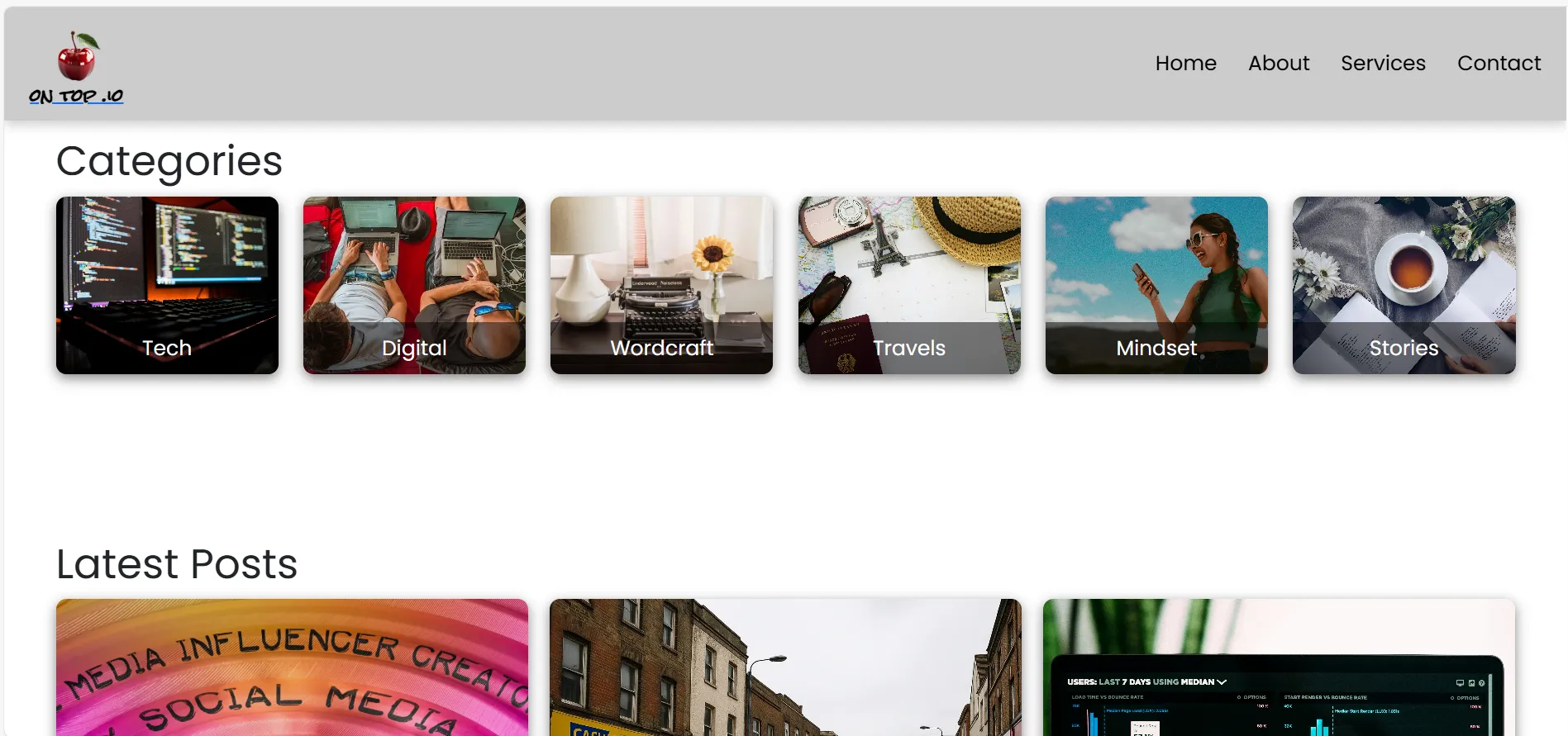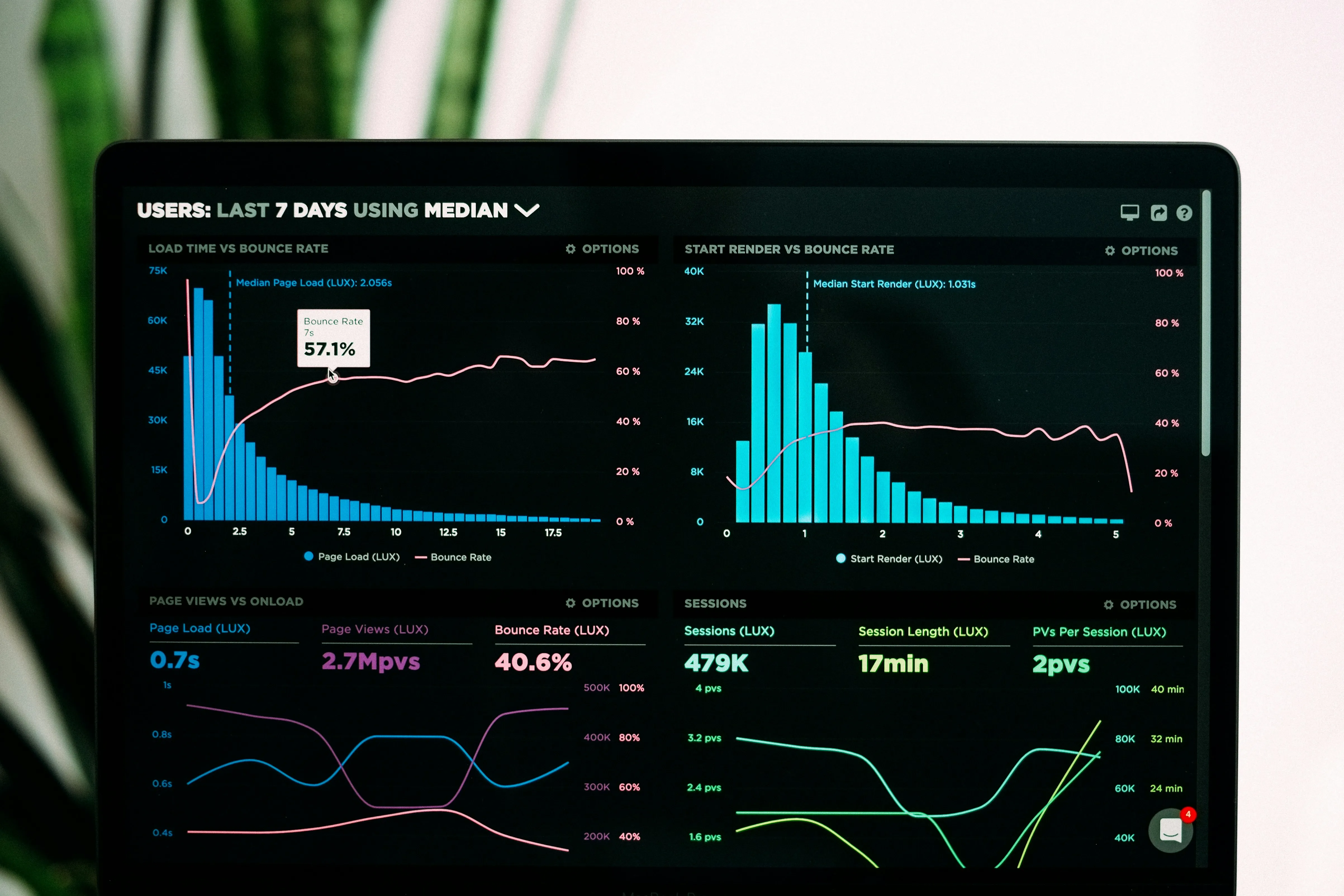Web development has always been about coding. Developers spent years mastering languages like HTML, CSS, and JavaScript to build functional and visually appealing websites. But things are changing fast. Today, artificial intelligence is reshaping the way websites are created, making the process less about writing code from scratch and more about knowing how to use AI effectively.
AI as a Developer's Best Tool
Instead of manually crafting every element, developers now rely on AI-powered tools like ChatGPT, GitHub Copilot, and automated website builders. These tools generate code suggestions, help fix errors, and even build complex features in seconds. It’s no longer just about coding—it’s about knowing how to guide AI to produce the best results.
The Importance of Asking the Right Questions
One of the biggest shifts in web development is the rise of prompt engineering. Developers who know how to phrase questions well can get AI to generate optimized and structured code effortlessly. In many ways, modern development is becoming more about problem-solving and creativity rather than memorizing syntax.
Automating Design and Functionality
AI isn’t just helping with coding—it’s revolutionizing design too. Platforms like Wix ADI and Webflow allow users to create websites without writing a single line of code. These tools automatically arrange elements, ensure responsiveness, and even suggest content, making professional web design accessible to more people.
Repetitive tasks like debugging, accessibility improvements, and performance optimization are also being handled by AI, freeing developers to focus on the bigger picture.
What This Means for the Future
Even though AI is making coding easier, technical knowledge is still important. Developers still need to understand how websites function, manage security, and ensure a great user experience. But the role is evolving—it's less about manual coding and more about structuring AI-generated components in a meaningful way.
In the coming years, success in web development will depend on how well someone can harness AI tools, organize code efficiently, and create intuitive digital experiences. The future won’t belong to those who can write every line of code by hand, but to those who know how to make AI work for them.



